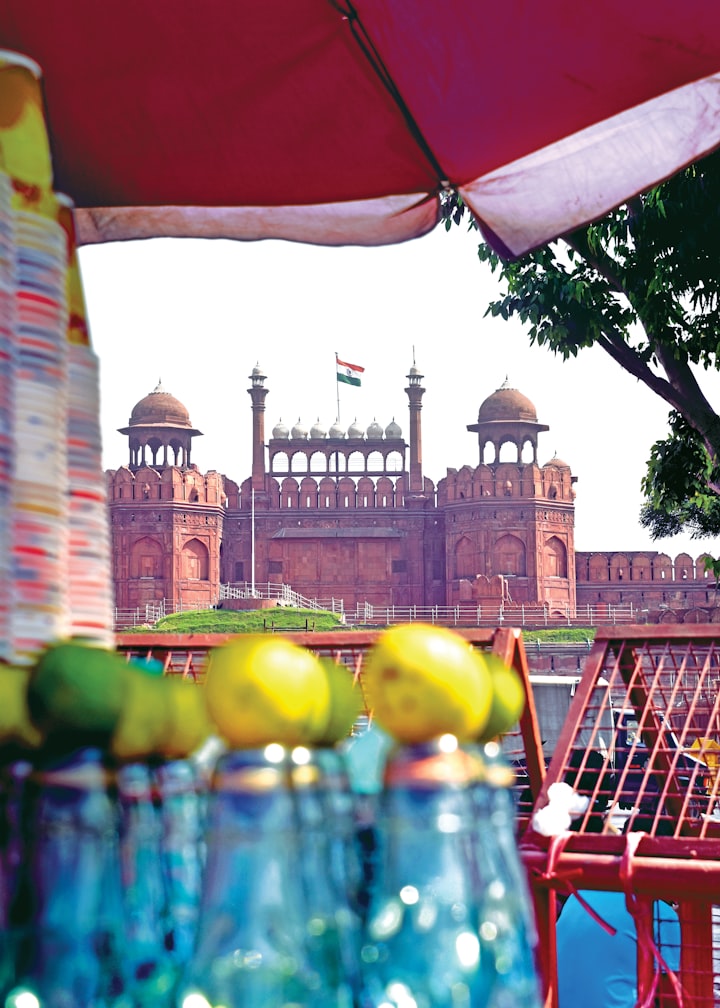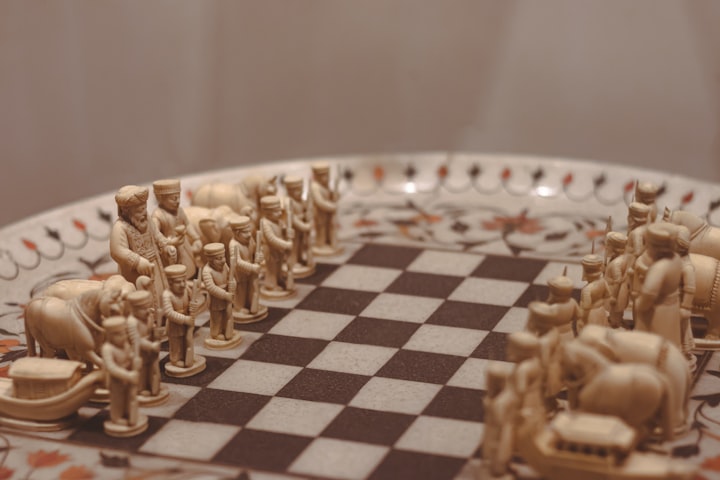Subhash Chandra Bose
Known as Netaji, was an Indian nationalist leader who played a significant role in India's struggle for independence from British colonial rule

Subhash Chandra Bose, also known as Netaji, was an Indian nationalist leader who played a significant role in India's struggle for independence from British colonial rule. He was born on January 23, 1897, in Cuttack, a city in the eastern Indian state of Odisha. Bose was a charismatic and dynamic leader who inspired thousands of people to join the Indian independence movement, and who remains a controversial and divisive figure in Indian history.
Early life and education:
Bose was the ninth of fourteen children in a wealthy family. He received his early education in India, and went on to study at the University of Calcutta. Bose was a brilliant student, and went on to earn degrees in philosophy, economics, and political science. He was deeply influenced by the teachings of Swami Vivekananda and Mahatma Gandhi, and became involved in the Indian nationalist movement in the early 1920s.
Bose's role in the Indian independence movement:
Bose quickly rose through the ranks of the Indian National Congress, and became a prominent leader of the Indian independence movement. He was a fierce critic of British colonial rule, and advocated for more aggressive and militant tactics in the struggle for independence. Bose was deeply committed to the idea of a free and independent India, and worked tirelessly to inspire and mobilize people across the country.
Bose's formation of the Indian National Army:
In 1941, Bose fled India and traveled to Germany and Japan, where he sought the support of these Axis powers in India's struggle for independence. In Japan, Bose formed the Indian National Army (INA), a military force made up of Indian soldiers who had been captured by the Japanese during their conquest of Southeast Asia. Bose hoped to use the INA to launch a full-scale military campaign against the British in India.
Bose's death:
Bose's fate remains a subject of controversy and speculation. In 1945, he traveled to Southeast Asia to take command of the INA, but was involved in a plane crash in Taiwan on August 18, 1945, and died from his injuries a few hours later. The circumstances of Bose's death remain unclear, and there have been persistent rumors that he survived the crash and lived in hiding for many years.
Bose's legacy:
Bose remains a controversial and divisive figure in Indian history. Some view him as a heroic freedom fighter who sacrificed his life in the struggle for independence, while others criticize his alliance with the Axis powers and his advocacy for violent and militant tactics. Bose's leadership and charisma continue to inspire people in India and around the world, and his vision of a free and independent India remains a powerful symbol of the country's struggle for self-determination.
In conclusion, Subhash Chandra Bose was a dynamic and charismatic leader who played a significant role in India's struggle for independence. He was a fierce critic of British colonial rule, and advocated for more aggressive and militant tactics in the fight for India's freedom. Bose's legacy remains controversial, but his leadership and vision for a free and independent India continue to inspire people today. Bose's life and work serve as a reminder of the power of individual action and collective struggle in the pursuit of social justice and political freedom.
Bose's legacy continues to be debated and discussed in India and around the world, with many people holding strong opinions about his role in the country's history. Despite the controversy surrounding his life and work, Bose remains a symbol of India's struggle for self-determination, and his commitment to the cause of Indian independence continues to inspire people today. Bose's leadership and vision for a free and independent India have had a lasting impact on the country's political and social landscape, and his contributions to the Indian independence movement will always be remembered as an important part of India's history.





Comments
There are no comments for this story
Be the first to respond and start the conversation.